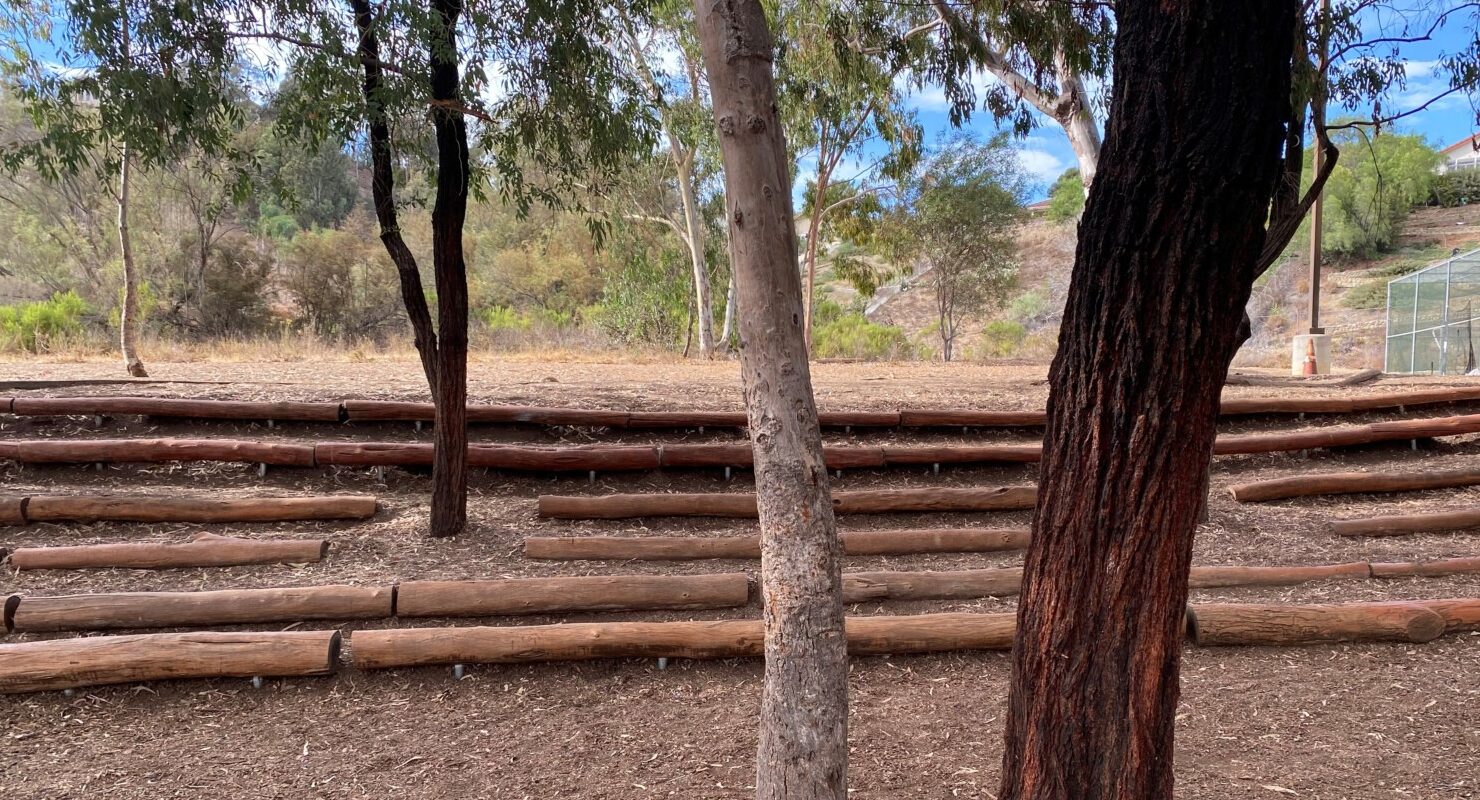
May 31, 2024
This year, during Mental Health Awareness Month, I’m reflecting on mental health – and health in general – in a different way. As someone who has worked at hospitals for 10 years and has spent 15 years being the person in the chair rather than on the couch, I’ve felt a bit of a role reversal this past year.
Over the last 12 months, I’ve spent more time as the person on the couch, the parent waiting in the waiting room, the parent “living” in a hospital room, and a person who seeks help more often than they offer it.
Here’s what I’ve noticed:
- Progress is slow.
I (arrogantly) didn’t think that making progress with mental health-type things would be slow for me. I’ve studied these things in grad school. I help other people with these things. Yet…it’s still painfully slow. And it’s wonky. Things go better, then worse, then way better, then a little worse again. There’s no straight line or ending point. It’s confusing and annoying and I don’t like it. I feel impatient and frustrated. I also feel hopeful and proud. That’s progress, I guess.
- Progress is complicated.
Making change – any kind of change – disrupts systems. It makes you see things differently. It changes perspectives and goals. It doesn’t happen in a silo. Sometimes one change forces another. Sometimes one person’s progress impacts another person’s plan. It’s both lonely and happening in tandem with others. Whether it’s the changing of a habit, communication style, or approach, it is anything but simple.
- All parents (and people) are trying their best.
All parents are doing the best they can with the humans they have in the situation they are in. In the hospital, I heard parents fighting and worrying and crying. I saw parents waiting, looking terrified, feeling exhausted. When something is happening to your child – whether new or ongoing, acute or chronic – it’s a unique feeling of powerlessness. I felt so powerless at one point that I declared that I was returning to school to be an MD…just so I could read my child’s blood work and scans myself and try to make sense of what was happening. (No, I’m not really applying to medical school.) We are all just trying to take care of our kids, to shelter them from harm and trauma the best we can, and to create opportunities for relationships, fun, and growth.
- Children want to be parented.
Children desperately need and want boundaries, even though they rarely ask for them. They want to be told no. They want you to take their phone. They want you to create a boundary that is tricky for them to create for themselves. They want you to worry about them and to make them do healthy things. They want you to see their upset-looking face and ask them about it – even when (especially when) they close their door to their room, even when they say “I’m fine” when you know they’re not. This is an easy or simple thing. I do it poorly more often than I do it well. But asking anyway helps to show that feelings are allowed, that some things are hard, and that they are right (not broken or weird) to feel how they feel. They are also not alone with their feelings.
- Safe communities are rare and invaluable.
Finding a place where you can be yourself and people still like you – or better yet, where they like you even more because you are acting like yourself – is a precious, precious gift. If you have a place like that, hold onto it. If your child has a place like that, protect it and support it.
At Outpost, we try so hard to be a community like that. We hope all children and teens and staff feel accepted everywhere. Especially for those who don’t always easily connect or take time to warm up, we want to be a place that sees them, that notices that cool and unique thing about them and celebrates it. We want to help them move along on that lifelong journey of understanding who they are and using that awareness to cultivate healthy relationships and create positive impacts. I hope we’re succeeding.
Why did Mental Health Awareness lead to deep thoughts about hospitals and parenting and communities? Because nothing – nothing at all – happens to us in a vacuum. For better and for worse, we are in families and relationships. We are in communities we choose (like camps) and communities we don’t choose. They impact our mental health and are impacted by our individual and collective mental health. May we support one another as we work to grow, lending our resources, patience, and flexibility as we all make slow and complicated progress.
Dr. Kelly Jones
Executive Director, Outpost Summer Camps
“We don’t have to do all of it alone. We were never meant to.” Brené Brown
